
 Language
▼
Language
▼
More Language

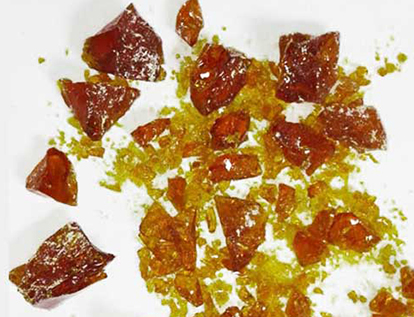

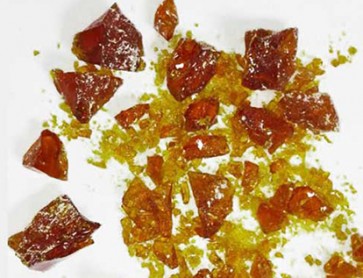

Technical analysis of rubber softeners
I. Definition and classification
Basic definition:
Rubber softener is an additive that improves the processing performance of rubber through physical or chemical effects. It can reduce the viscosity of rubber, enhance the dispersibility of fillers, and adjust the physical and mechanical properties of vulcanized rubber.
The English name is Rubber softener, and some literatures have overlapping concepts with plasticizers (plasticizers contain polar groups and have chemical modification functions).
Main classification:
Organic softeners:
Including aromatic hydrocarbon oils (such as aromatic oils), aliphatic hydrocarbon oils (such as white oil, cyclohexane oil) and pine tar, etc.
Typical representatives: petroleum system (C5/C9 fractions), pine oil system (pine tar), synthetic esters.
Inorganic softeners:
Such as calcium carbonate, sodium silicate, etc., change the intermolecular forces of rubber through electrical adsorption to improve impact resistance and corrosion resistance.
2. Core Action Mechanism
Physical Plasticization:
Through wetting, diffusion and swelling, the distance between rubber molecular chains is increased, the intermolecular forces are reduced, and the fluidity and processing efficiency of the rubber compound are improved.
Petroleum-based softeners (such as aromatic oils) can significantly reduce the energy consumption of mixing and are suitable for high-filling formulations such as tires and conveyor belts.
Chemical Plasticization:
Plasticizers containing polar groups (such as fatty acid zinc soaps) stabilize the molecular structure and enhance aging resistance by encapsulating the polar chain ends of rubber.
Pine tar has both viscosity enhancement and anti-scorching functions and is widely used in products such as hoses and rubber sheets.
3. Key Performance Requirements
Compatibility: It must be compatible with the rubber matrix and filler system to avoid migration or precipitation.
Thermal Stability: Low volatility during processing, temperature resistance > 150°C.
Environmental Protection: It complies with RoHS, PAHs and other standards, and some scenarios need to meet food grade requirements.
4. Typical application scenarios
Tire industry:
Aromatic oil (softening point > 180°C) is used for tread rubber to improve dynamic bonding strength and wear resistance.
Sealing products:
Pine tar is used for hoses and sealing strips to prevent sulphurization and scorch and extend service life.
Corrosion-resistant materials:
Calcium carbonate inorganic softeners enhance the acid and alkali resistance of rubber and are suitable for automotive water pump blades and other parts.
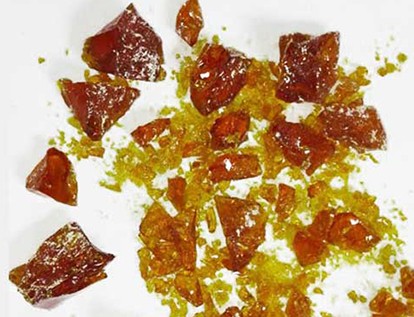
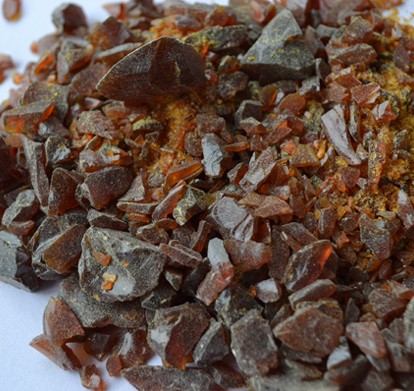
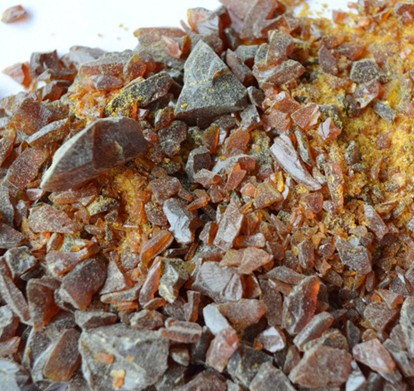
 Address:Linzi District,Zibo City,Shandong Province
Address:Linzi District,Zibo City,Shandong Province E-mail:wanbang@wanbangresin.com
E-mail:wanbang@wanbangresin.com WhatsApp:+8615053337101
WhatsApp:+8615053337101
China C5 hydrogenated petroleum resin supplier : Shangdong Wanbang New Materials Co., Ltd.
C5 hydrocarbon resin manufacturer has a wide range of applications, high quality, low price, and multiple uses.Welcome to consult.